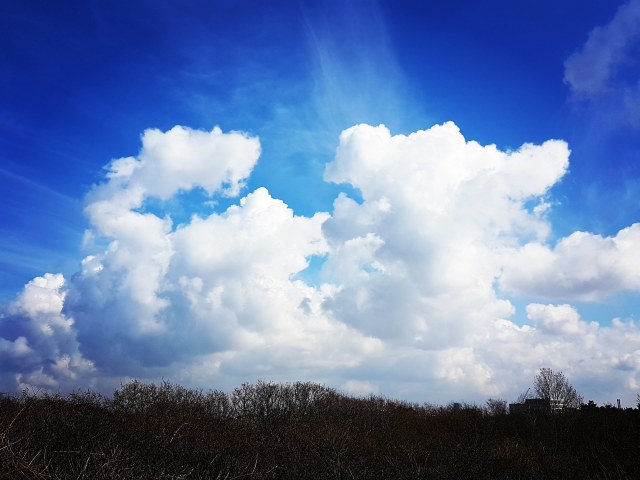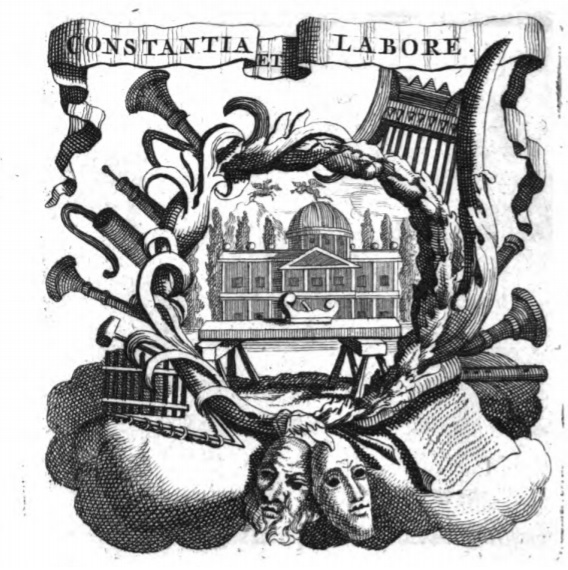I have been putting this off, I’m not going to lie. A sudden month of silence is not really my style, but nowadays I am not exactly sure what is my style. All I know is that in the past month life just got a little more real and yet somehow decidedly surreal at the same time. I know that I am over-worked and it’s official. I know that my heart broke, again. I know that if I don’t turn things around, my depression will quite literally be the end of me, sooner rather than later.
But I also know that I have put my mind to self-development. I know that I have friends and family who love me and who care about me. I know that I am not alone, that there are so many of us who face the same problems and yet somehow we all carry on. I know that this makes us strong. And I have options – a point driven home by David Foster Wallace, who’s This is water (2005) is one of the more insightful works I have ever read.
In a revolutionary step, I informed my supervisor that I have a burn-out. Though I still work, I have – finally – set some much needed boundaries regarding my physical presence at university. I’ll show up when I feel like it, but it’s unlikely I’ll feel like it often. I much prefer working from the comfort of home where I can intermittently cry, laugh, sing, dance, read out loud, cry some more, and cuddle with my dogs whenever I feel the need to. Likewise, I can sleep (or I suppose ‘rest’ is more accurate as sleep and I are still on precarious speaking terms), run, box, hike, play PC games, read novels, read philosophy whenever I feel like it. I’ve met my deadlines, I have one more chapter to go, an introduction, a conclusion, and the reworking of my thesis on the whole, and I still have thirteen months to go.
Slack needs to be cut, not just by me though, but by others too.
I have taken up an actual ‘study’ into self-development, including the things I never thought I’d even consider (like meditation and different meditative styles), and I am actively trying to reframe my thought patterns. It sounds super cool and simple when I say it like this, but most of you will probably know it is anything but. However, I absolutely must re-design my life and that doesn’t just take careful consideration, time, dedication, and some serious effort, but it demands sacrifices as well. I have to choose the options that will lead to the best results for me. I don’t like it much. It’s counter-intuitive and goes against my very nature. I am always inclined to help others and put their needs before my own, whilst at the same time I have quite a set of expectations to fulfil for my own performance in life as well. So, basically, my nature tells me it’s okay (or absolutely vital) to completely dedicate myself to help others and disregard myself, yet at the same time I must also perform at the top of my game which can sometimes be difficult to do even if you put your own needs first.
Hey, I never claimed to have it all figured out, and none of the above is particularly new or groundbreaking. Like I said, I am not alone, and I am pretty sure at some level you, dear reader, understand exactly what I’m talking about. One of the many qualities of paradoxes like these is that they have an isolating effect. They always manage to make me feel alone and like I’m on my own. My rational observation that that emotional observation is BS is completely useless – emotions trump rationale every damn time. So humour me and let me be super cliché when I say: you are not alone. No worries though, I am not fooling myself into believing that my saying that holds any sway over how you feel. But I’ve noticed recently that thinking about others who face the same struggles that I am trying to overcome helps – and not just ‘others’ as in ‘people I know’ but actually ‘others’ as in ‘people’, you know, in general.
I am not out of the woodworks yet. As the saying goes: the pain is real. I suddenly identify with every song ever written on heartbreak and heartache, and no matter how often I try to classify it as ‘life experience’, all I can feel and know now is that this pain will never go away. I am not yet far enough removed in the process that I can see more than three feet in front of me. Likewise, I am trying my damndest to reframe and re-design, to study and to work, to be kind to myself and always just a bit kinder to others, but I am not a saint and the best intentions do not always result in the best outcomes. I am still worried about myself, I am still uncertain whether or not I will finish my PhD on time, I am still at times overwhelmed by the sense that I am a fraud, an imposter, someone who is usurping the position of someone else who would’ve been so much better at this than I am. I still think life sucks more than that it is fun. And yes, I still believe I will be lonely forever, die alone (yes, technically we all die alone, as you are the only one who dies when you die, but I digress), and never be able to meet anyone’s expectations, much less my own.
Baby steps, though, very tiny baby steps.
***










